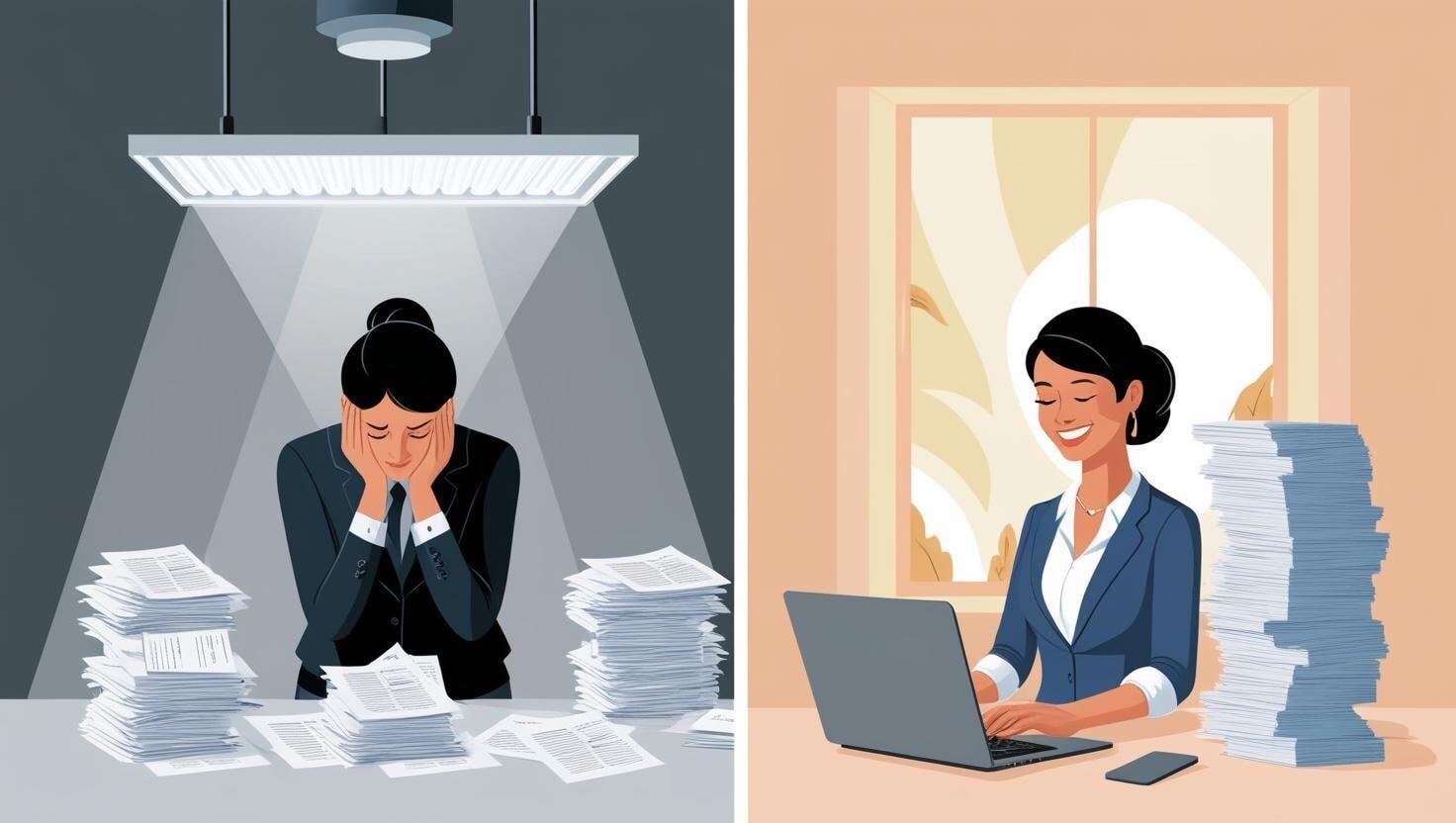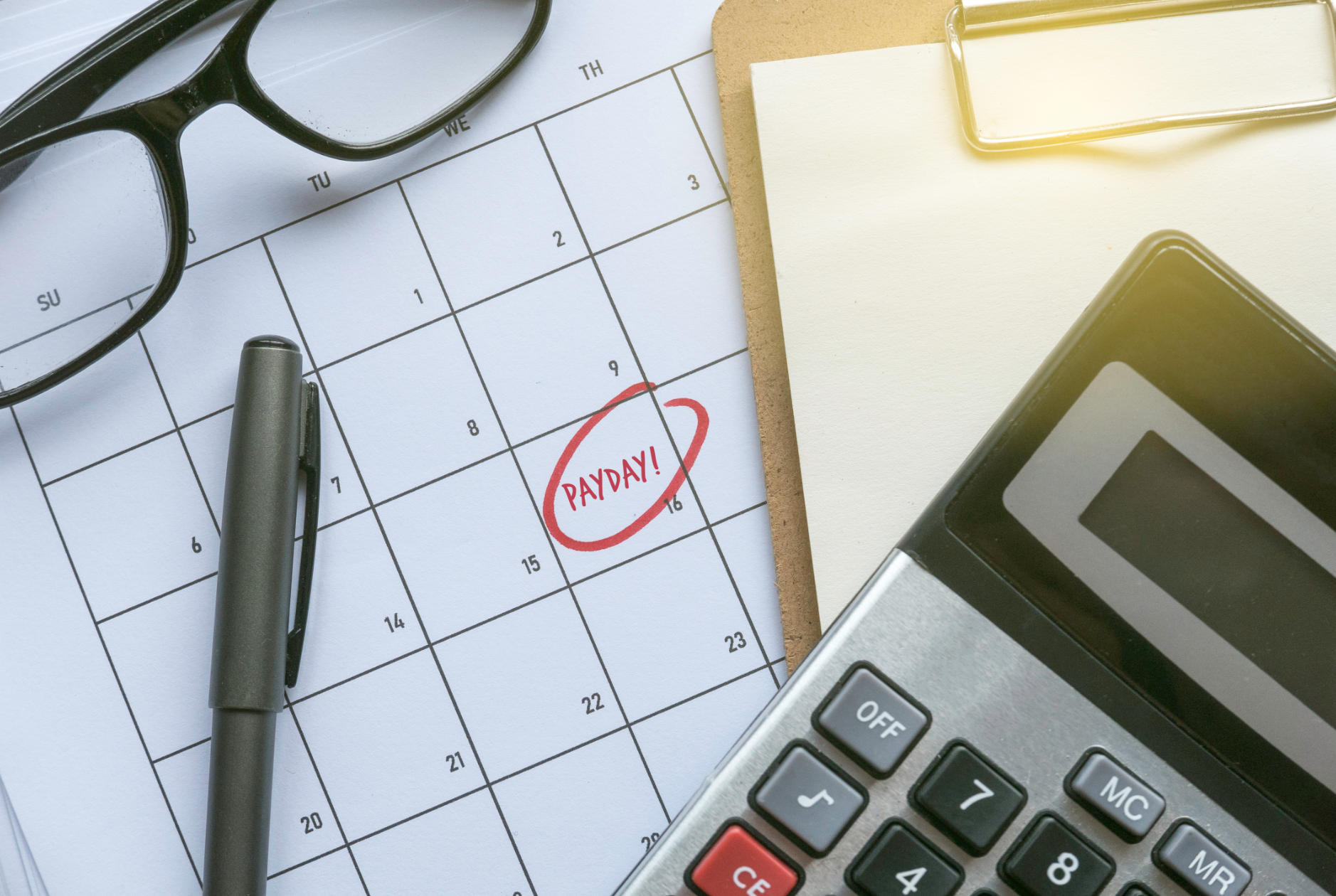What is the 30% ruling?
The 30% ruling is a tax benefit for employees who come to work in the Netherlands from abroad. Essentially, it allows employers to pay up to 30% of gross salary tax-free. This can significantly increase employee’s take-home pay. However, starting from January 2024, there’s a cap on the maximum amount you can receive tax-free, set at 30% of €233,000 for 2024, or €69,900 per year.
This cap means that the higher your salary, the more significant the impact of the cap will be on your tax-free allowance. For high earners, this change might reduce the overall benefit of the 30% ruling, but it still offers considerable tax savings.
Who qualifies for the 30% Ruling?
To be eligible for the 30% ruling, you must:
- Be recruited or transferred from abroad (you must not have lived within 150 kilometres of the Dutch border for more than 16 months in the 24 months prior to your first working day in the Netherlands). This means you can’t have lived in Belgium, Luxembourg, or parts of Germany.
- Have specific expertise that is not readily available in the Dutch labour market.
- Meet the income criteria. In 2024, your salary, excluding the tax-free allowance, should be more than €46,107 (or €35,048 if you’re younger than 30 and hold a Master’s degree from a recognized university).
There are exceptions for scientific researchers and doctors in training. These categories can apply for the 30% ruling regardless of their (lower) salary.

Changes to the 30% rule in 2024
Here’s the kicker: Your maximum compensation is no longer 30% over the entire term. From January 2024, you’re only entitled to a maximum compensation of 30% of your salary for the first 20 months of your decision. For the second 20 months, you’re entitled to 20%, and for the third 20 months, you’re entitled to 10%. If you already had a decision in 2023, you can still be entitled to a maximum untaxed compensation of 30% for the entire term. There is a transition period for those employees, who already enjoy the ruling, depending of when they got it approved.
Hilfort’s advisors are happy to explain you more in regards to your (or your employee’s) situation.
Benefits of the 30% ruling
The 30% ruling is meant to help expats with there transition to the Netherlands. These are the main benefits:
- Financial savings: when moving abroad, expats may experience difficulty adapting to the new culture, environment and financial expectancies. The 30% ruling helps buffer the financial adjustments. With the income tax-free adjustment that helps expats safe money and adjust to living in a new environment.
- Convenience: there are more benefits for highly-skilled migrants wi ruling, for example they can simply change their driving license and don’t need to pass the exam.
- Tax status: sometimes you could be eligible for partial non-resident status, which can result in benefits for income tax on savings and investments.
Applying for the 30% ruling
The application process is quite straightforward:
- Application: Together with your employer you submit an application to the Dutch tax authorities.
- Required documents: Provide necessary documents. E.g.: documents that show that you’ve being recruited from abroad, details of your education, employment contracts. By providing the requested documents you are submitting the necessities to validate the 30% ruling request. The tax authorities can then validate your request for the tax exemption by conducting the necessary checks.
We would recommend to start the application process as soon as possible. Discuss the timeline with your employer (or Hilfort). Early submission helps to start benefiting from the ruling without delay. But you always have an option to apply within 3 months after the start date. It is important to know, that first salaries you get in the Netherlands will be applied without the ruling, as the authorities need time to approve it. But as soon as the decision is ready, you will get your money back retrospectively. The average decision making time is 14 weeks.
Changes towards 2027
Starting from 2027, the 30% ruling will transition into a 27% ruling. This means that expats will only be able to receive 27% of their gross salary tax-free instead of 30%. Additionally, the salary threshold will be increased, making it more difficult for newcomers to qualify for the ruling. A transitional arrangement will be in place for expats who obtained the 30% ruling before 2027, allowing them to keep their 30% benefit for the duration of their original term. Expats entering after 2027 will need to meet the new thresholds and conditions to benefit from the reduced 27% ruling.
Common Questions
Can the 30% ruling be applied retroactively?
Yes, if the application is submitted within four months of starting your job, it can be applied retroactively. This flexibility ensures you don’t miss out on benefits if there’s a delay in the application process.
What if I change jobs?
You are still eligible to the 30% ruling if you switch within 3 months. However, the new employer should sent a new application. If you switch employers within three months, the ruling can continue with your new employer under certain conditions. This continuity makes it easier to maintain your tax benefits without significant disruptions.
Does the ruling apply to bonuses?
Yes, it can be applied to bonuses as part of your taxable salary. Including bonuses can further enhance your financial savings under the ruling.
How long is the decision about the 30% ruling valid?
The validity depends on when the decision was issued. For decisions issued between January 1, 2012, and January 1, 2019, it is valid for eight years. For decisions issued as of January 1, 2019, it is valid for a maximum of five years. Understanding the validity period helps in planning your long-term stay and financial strategies in the Netherlands.
Practical Tips for Expats
1. Financial Planning: With the phased reduction in the tax-free allowance, it’s pivotal to plan your finances. Maximize savings and investments during the initial 20 months when the tax-free allowance is highest.
2. Legal and Tax Advice: Consulting with a tax advisor or legal expert can help you navigate the complexities of the ruling and ensure you comply with all regulations.
3. Relocation Assistance: Many expats will find help of dedicated professionals useful while changing the countries. Hilfort is glad to assist in all the payroll and ruling questions.
4. Networking: Joining expat communities and professional networks can provide support and valuable information about living and working in the Netherlands. These networks can also offer insights into making the most of the 30% ruling.
Conclusion
The 30% ruling can make a big difference in your finances as an expat in the Netherlands. And even though the upcoming changes will have an impact, the 30% ruling still offers substantial benefits. For more details or if you want to know more about how to apply, feel free to reach out to us at Hilfort. You can also approach us with other questions, like the Dutch employment law. Our experts will make your stay in the Netherlands hassle free.
Still curious about how the 30% ruling can benefit you? Or perhaps you need a hand navigating the application process? Contact Hilfort today! We’re here to help you make the most of your move to the Netherlands. With our expertise, you can enjoy the financial benefits and ease into your new life with confidence.







-1.png?width=446&height=493&name=Ditta%20van%20Gent%20Fotografie-45-1%201%20(1)-1.png)